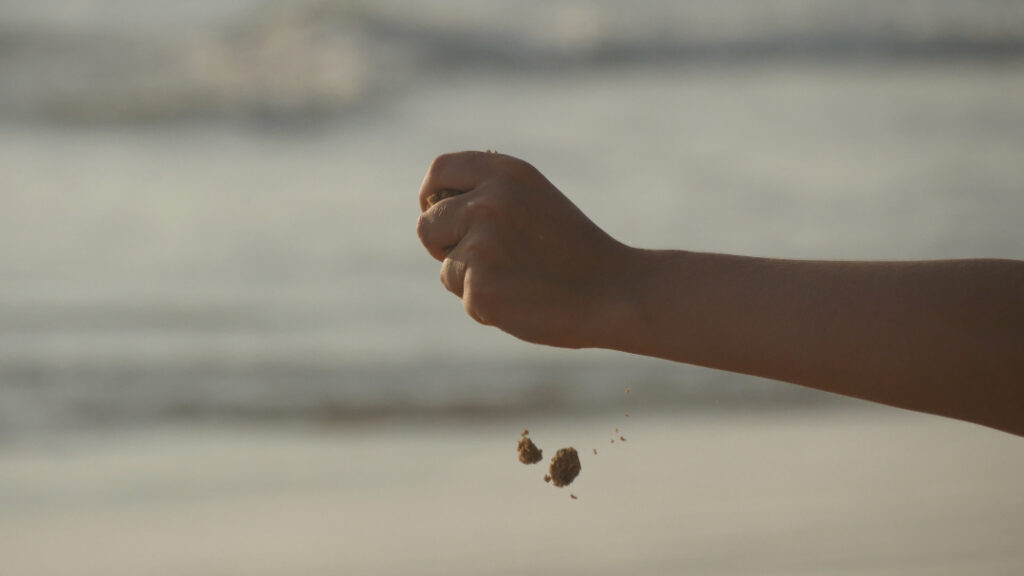Have you ever said to yourself, “if only?”
It is a rare person who can say they have no regrets. Every choice we make requires us to leave other choices behind. No matter how good a decision is, there may be those moments when you wonder what it would have been like if you had made a different one. Decisions are about tradeoffs.

Like most things in life, regret has an upside and a downside. It can be a humiliating and debilitating process, but it can also be a tool for learning.
You can learn from your mistakes to move forward, maybe in a different direction.
One of the things that fuels regret is perfectionism that is based on the myth of the ideal life. We live in a culture that tells us we are entitled to be happy and fulfilled all the time, that we shouldn’t be frustrated and should have most everything we want. More of everything is being flaunted in commercials, advertisements, and magazines. Products become outdated almost as fast as they come off the assembly line for something bigger and better. Your expectations and demands about what your life should be can magnify your regrets because regrets are always comparing what you have with what you think you need.
Dos and Don’ts of regrets:
DOs:
- Do normalize that we all make mistakes.
- Do focus on what you can learn, not on what you did wrong.
- Do ask yourself what you were thinking when you made the mistake.
- Do ask yourself what you were ignoring when you made the mistake.
- Do ask yourself how you can use the information you have gathered.
- Do ask yourself how you can avoid this mistake in the future.
DON’Ts:
- Don’t look back on your life and think of how much better off you would have been if you had done something else.
- Don’t dwell on all the negatives that you experienced and discount all the positives.
- Don’t idealize the choices that you did not make.
- Don’t insist that you should have known better.
- Don’t criticize yourself for not having known better.
- Don’t measure your choices by the best outcome that you can imagine.
- Don’t insist that you need to know everything before making a decision.
- Don’t expect a free lunch. Every decision involves some uncertainty and compromise.
Reflection:
You don’t have to make decisions based on avoiding regret or by pursuing the perfect answer. Living in the real world requires compromise and settling for less than perfect.
Today’s Practice:
Recall a decision you made in your life where you had regret but after a while you found the good that came from it.
